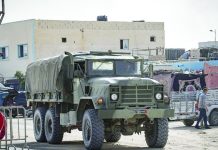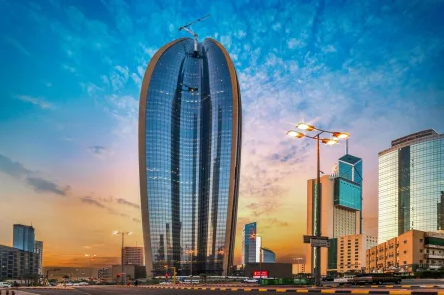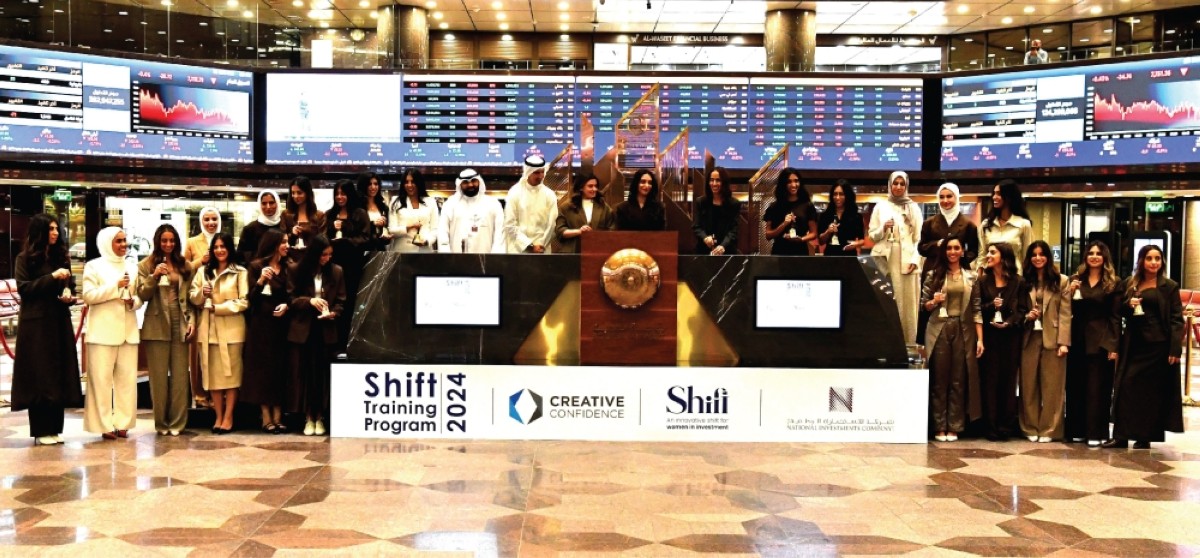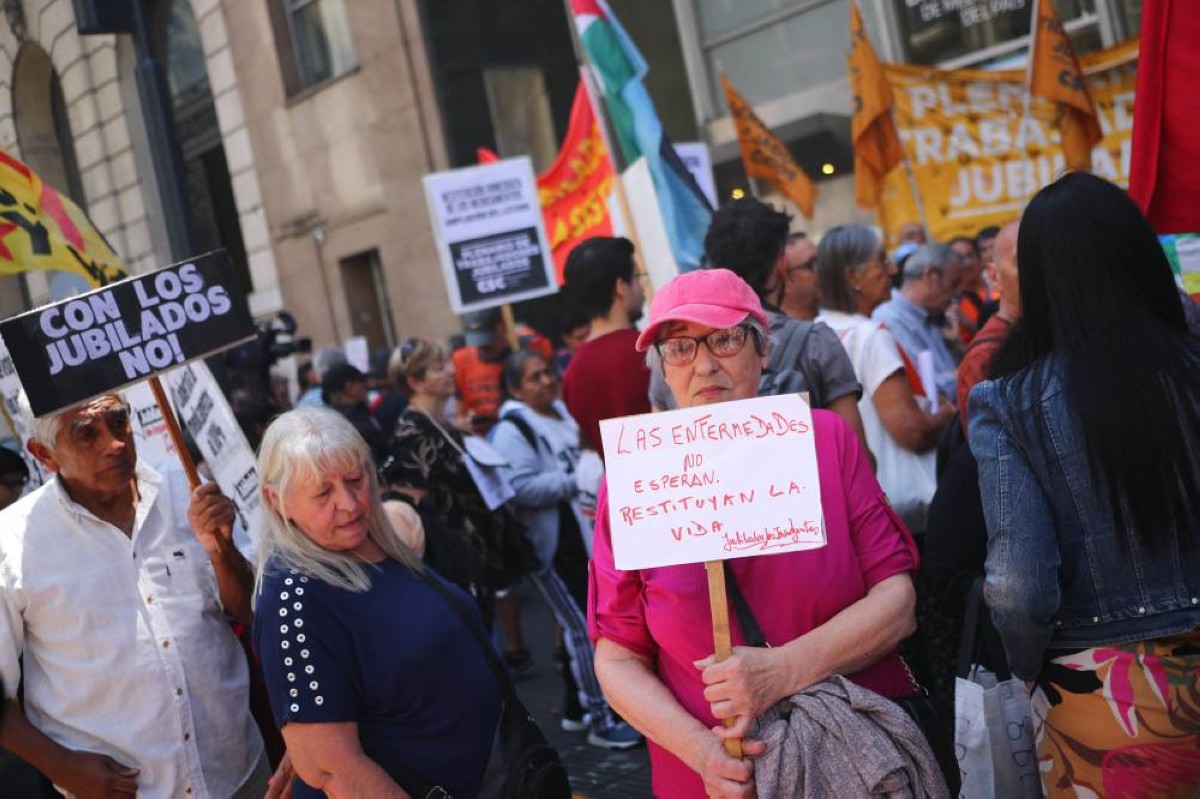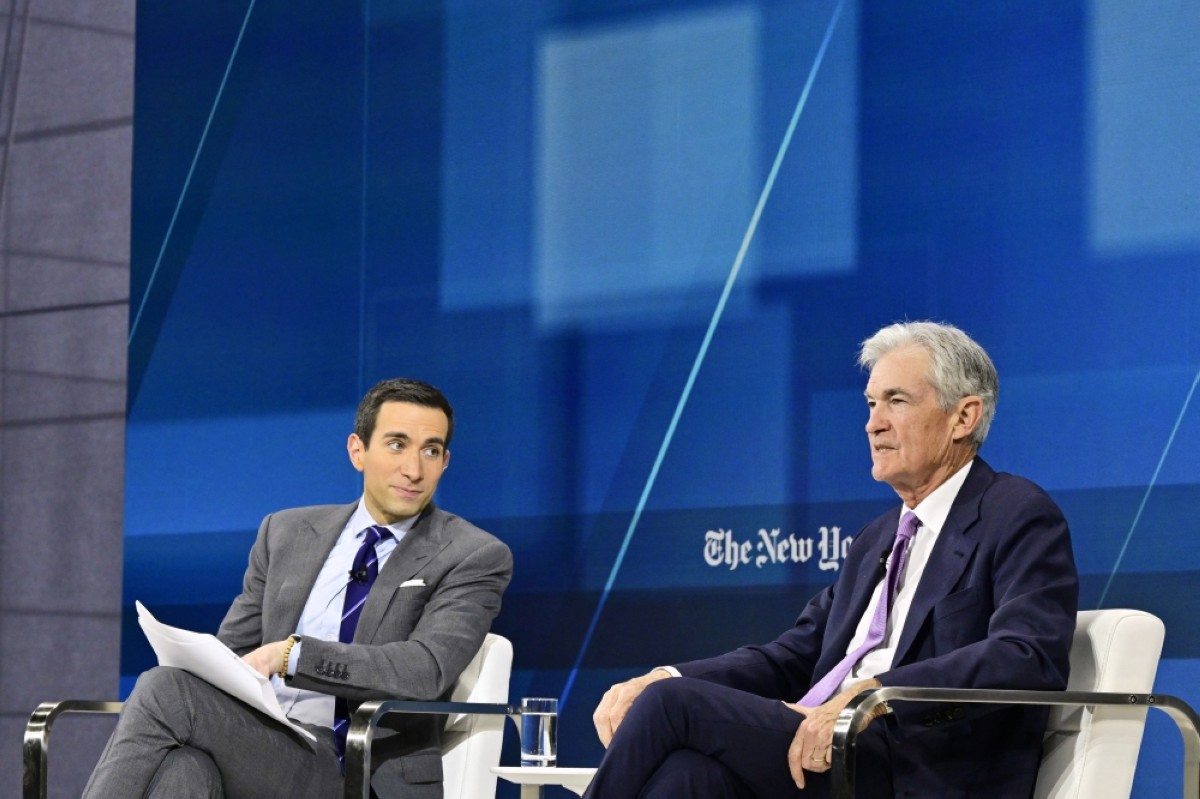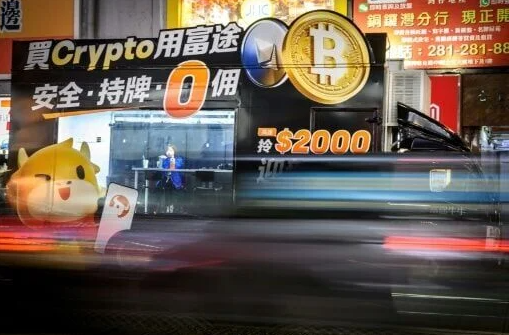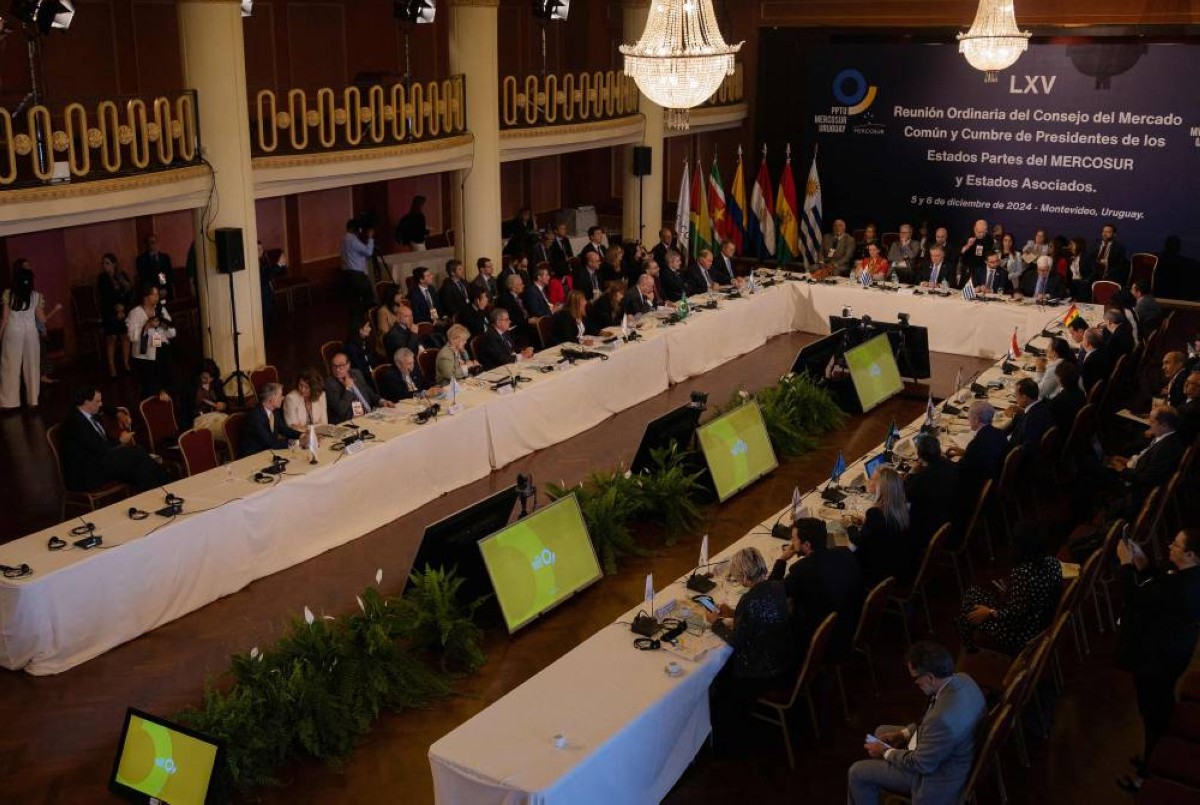Western Sahara flare-up spells gloom for buffer zone businesses
GUERGUERAT, Undefined: Kamal Zerfi has long run a junkyard in a no-man’s land on the far edge of the Sahara desert. Then government soldiers came and things took a turn for the worse.

Now that Moroccan troops have asserted control, tow trucks have taken away the cars that were in decent condition.
Zerfi lives in a remote outpost of the Western Sahara region claimed by both Morocco and Polisario Front pro-independence rebels who recently revived their three-decade struggle.
His auto- and scrapyard is located at the desolate truck stop of Guerguerat in a UN-patrolled buffer zone along the Mauritanian border, where the deployment of Moroccan soldiers has now put paid to his lucrative business. “They’ve stripped me of my goods!” protested the 42-year-old who said he had been doing good-and, he insists, legal-business selling cars on to Mauritania until Rabat sent in the troops on November 13.
‘Apaches in Kandahar’
Zerfi said the rebels, whom he calls “Apaches”, would often block the road link, harming business in the region locals dub “Kandahar” after the city in southern Afghanistan. No UN forces could be seen by a visiting AFP team in the region, known as a hotspot for smuggling of all kinds.
Zerfi, from Marrakesh in southern Morocco, insists his trade is entirely legitimate due to the special status of the demilitarized zone, even if the Moroccan customs service may disagree. License plates buried in the sand identify the origins of cars that have passed through the junkyard: France, Italy, Spain-and Germany, the most sought after among Mauritanian buyers, the dealer said. Now that Moroccan troops have asserted control, tow trucks have taken away the cars that were in decent condition. Spare parts and loads of rubbish, meanwhile, have been set on fire, with acrid black smoke swirling into the sky.
Some businesses in the border outpost “have lost everything”, said Zerfi, since Moroccan forces arrived to secure the road. The Polisario has since declared a “state of war” that put an end to its 30-year-old ceasefire with Rabat in the disputed territory. Rabat has also built a sand wall to secure the road to the border post where Moroccan flags are now displayed. The “parking lots” in Guerguerat have long served as a depot for various goods from Mauritania, providing significant income for locals.
Since the troop deployment, “those who had deposited goods have recovered them-but those who left them here have been left with nothing”, said Zerfi. Under the ceasefire deal, Morocco controls around three-quarters of the Western Sahara, including its considerable phosphate deposits and access to its rich Atlantic fisheries. The Polisario controls the rest. In August 2016, Morocco launched operations to “combat smuggling, drug trafficking, and all forms of illegal trade” in Guerguerat, sparking tensions with the Polisario.
At the time, the UN had finally convinced the two camps to evacuate the buffer zone. Talks between Morocco and the Polisario, as well as neighboring Algeria and Mauritania, have been suspended since March 2019. The UN’s envoy for the territory, former German president Horst Kohler, quit in May of that year citing poor health and has not been replaced. – AFP



